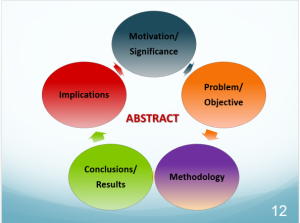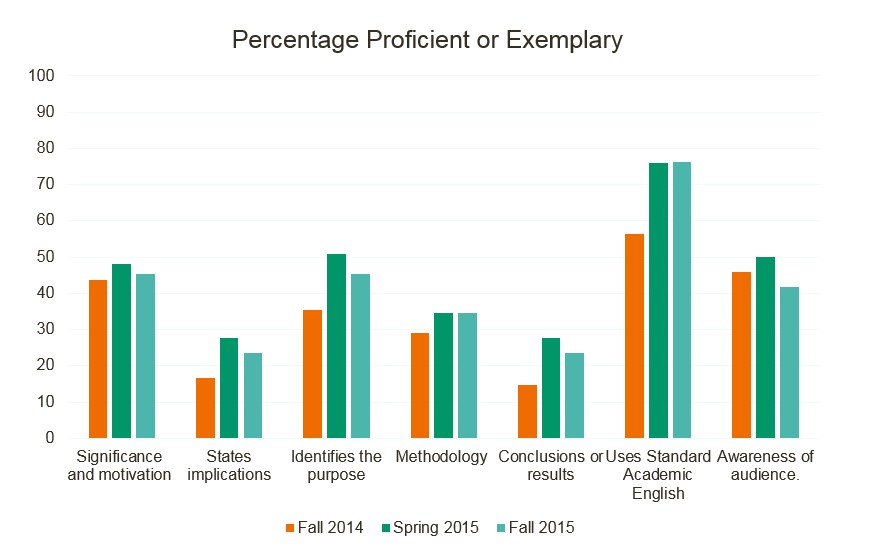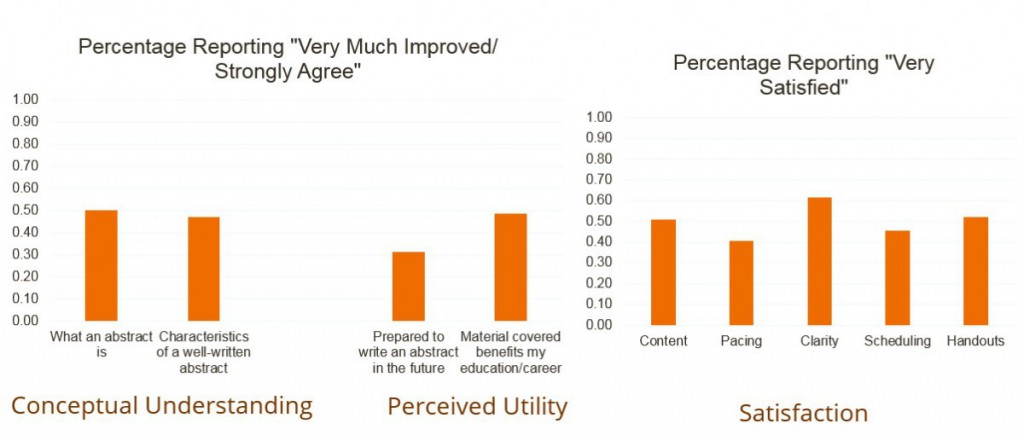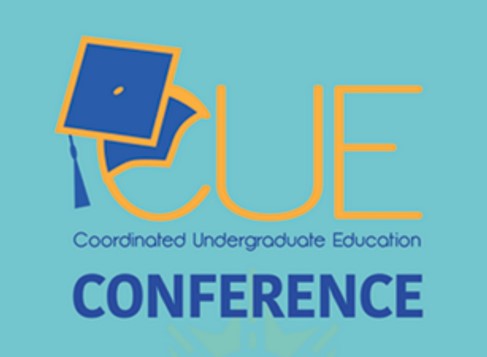An earlier post, “Perceiving Writing as a Process, Not a Product”, began with a potentially apocryphal quote by a well-known author. In that spirit, I would like to start and end this post with two potentially apocryphal quotes by well-known authors. The quotes may be fabricated, but I think that the insights are real.
Somerset Maugham, the author of one of my favorite novels, was quoted as having told the students of a class on English literature “there are three rules for writing a novel. Unfortunately, no one knows what they are.”
I’ve never tried to write a novel, so I can’t say with certainty whether Maugham (if he ever said such a thing) is right. But I’ve tried to write plenty of papers, and on that subject I’m certain: if there are three rules for writing a paper, no one knows what they are.
This has turned out to be a bit of a problem for me, because part of what I’m trying to do as an instructor is to teach writing. Sometimes it’s pretty clear that students want me to tell them the rules for paper-writing that they need to follow in order to be successful. They want the writing equivalent of a mathematical formula: take your idea, apply these rules, and BAM! Good writing.
I completely understand that desire. Heck, I want those rules too. But unfortunately, as Maugham allegedly observed, no one knows the rules for writing. I certainly don’t know of any rules that are necessary for good writing. For any writing rule I’ve ever been told (“don’t end a sentence with a preposition”; “avoid run on sentences”; “avoid repetitive phrasings”, etc.) I can find several examples of great writing that break that rule. I also don’t know of any rules that are sufficient for good writing. A paper might follow all the “best practice” rules and guidelines in the world, and still be unclear and confusing to read.
So what then, as an instructor, can I do to help my students who want me to teach them rules for writing that I just don’t have?
The answer, or at least the answer I’ve come to accept, is to get them to write. This doesn’t mean getting them to write more or longer term papers, but getting them to write constantly and in different contexts: write out their ideas, write down questions they have about readings, write notes and questions about what they’ve already written, write responses to what their classmates have written, etc. I can help my students learn the writing skills they need by teaching them to think of writing as a tool, and then teaching them to use that tool as often as they can.
I can’t speak for everyone. But when I write papers, I find that for every page of the finished paper, there are about 3 legal pads full of handwritten notes, questions, false starts, and half-baked ideas that eventually (after a long recursive process) end up fully baked. The finished paper full of polished writing owes everything it has to the pile of informal writing that came before it. And each polished paper owes an awful lot to all of the writing that came before it, both formal and informal. Having more writing experience has never made anyone a worse writer.
I don’t think I’m alone is using a process like this. But I didn’t learn to use this sort of process until graduate school. College students often don’t think of writing in this way, and one of the best ways we can help them learn writing skills is by getting them to start using writing as a tool in both formal and informal contexts.
WAC pedagogy has a ton of useful methods for doing this. Freewriting, exploratory writing, scaffolding, problem-oriented assignment design, etc. Bean’s “Engaging Ideas” is full of them, and the other posts on this site are chock-full of discussions of different methods and ideas on this subject. I have personally found them very helpful, and I doubt I’m the only one. I think it’s a good place to start for anyone looking for ideas on how to engage students in this sort of recursive writing process.
So even if we can’t give students Maugham’s three rules for writing, we can help them by giving them writing experience, and specifically giving them experience using informal writing as a tool to develop ideas and to develop formal papers.
And maybe, just maybe, it turns out that we do know the three rules for writing after all. In what is almost certainly a fabricated quote, Mark Twain supposedly said: “there are but three rules for writing. Namely, first, write; second, write; third, write.”
I suspect that the best thing we can do to help our students with their writing is to teach them to stop looking for Maugham’s three rules, and to start following Twain’s.









